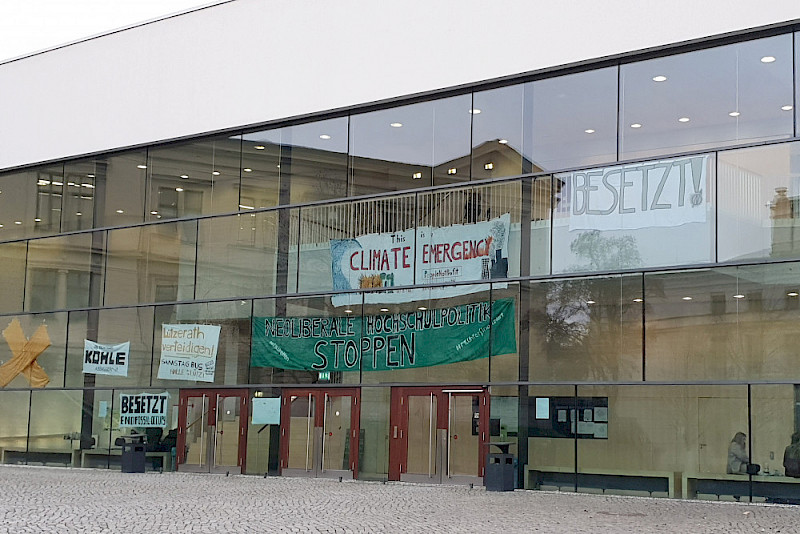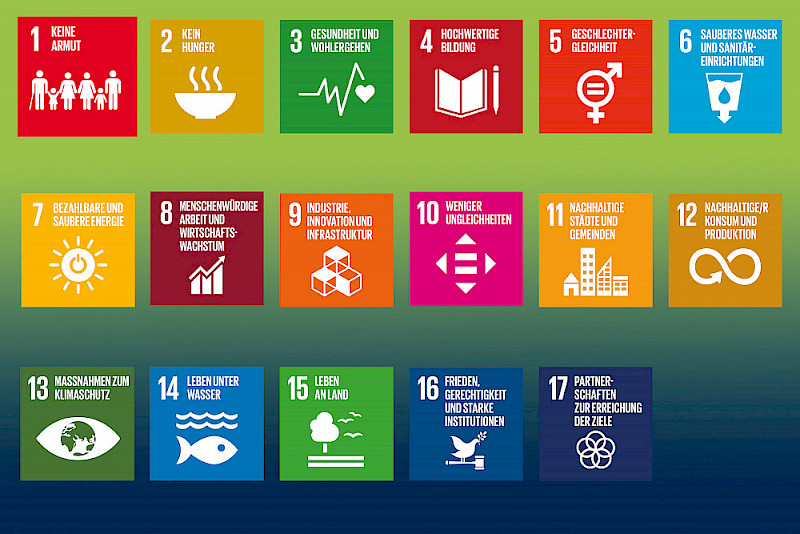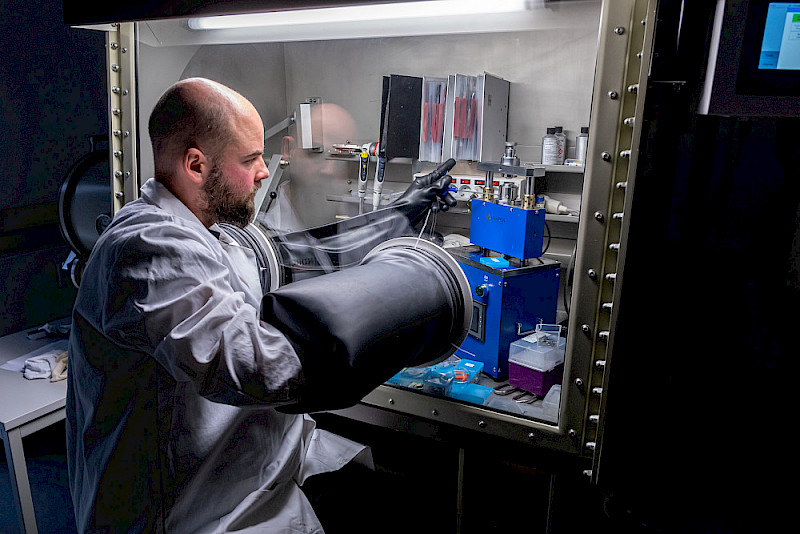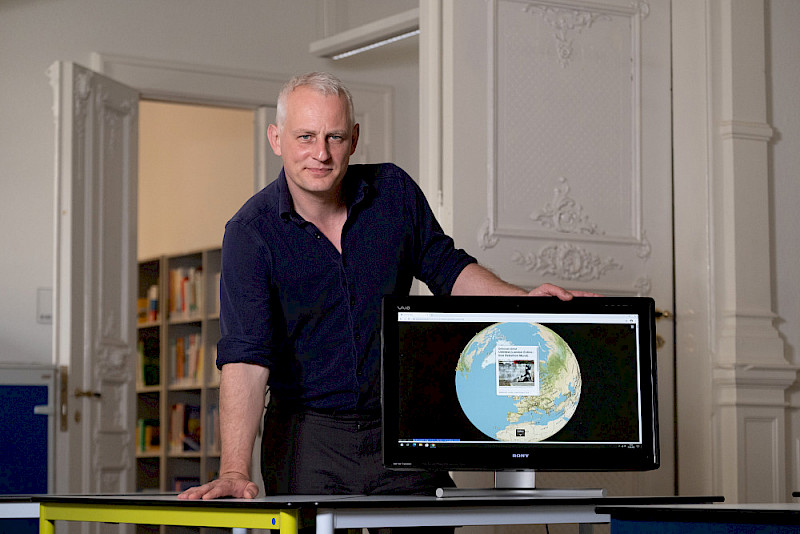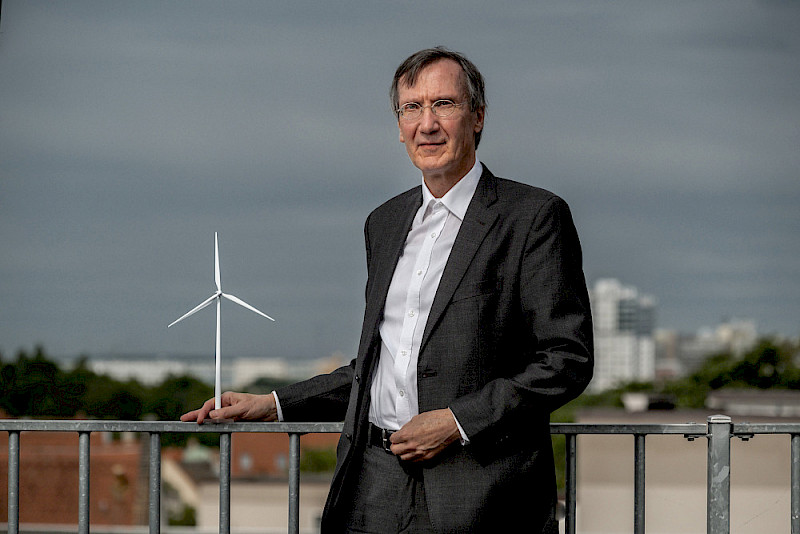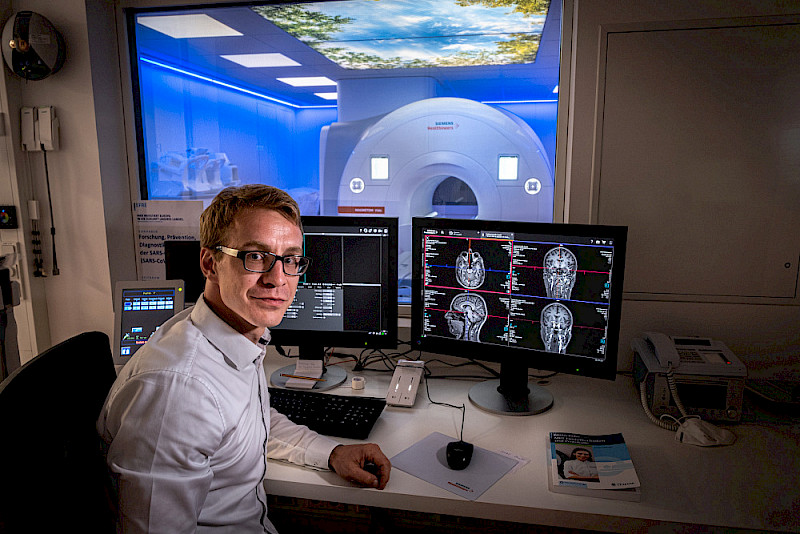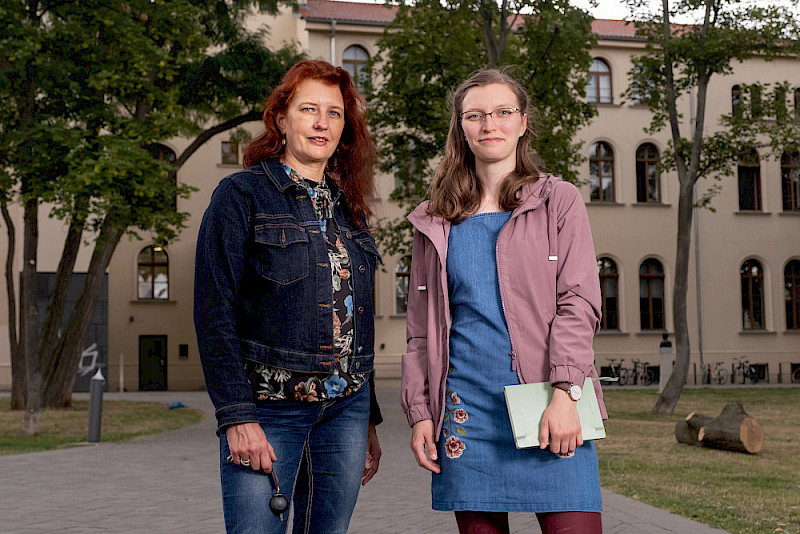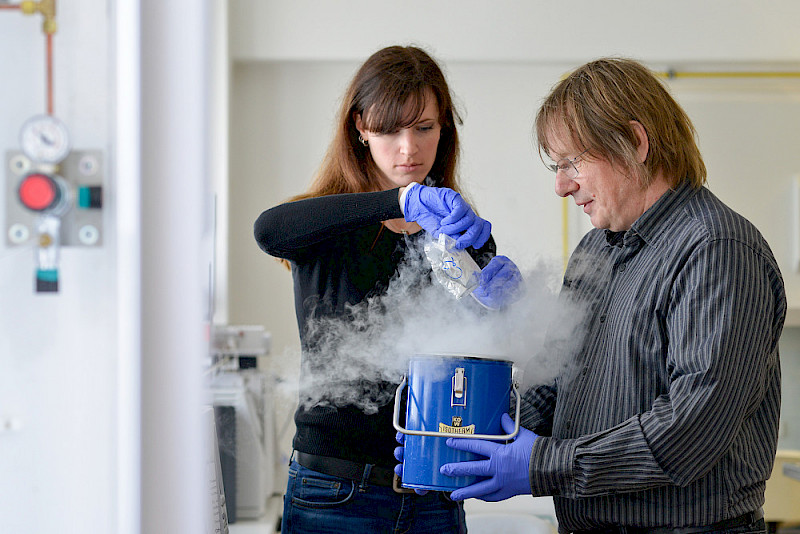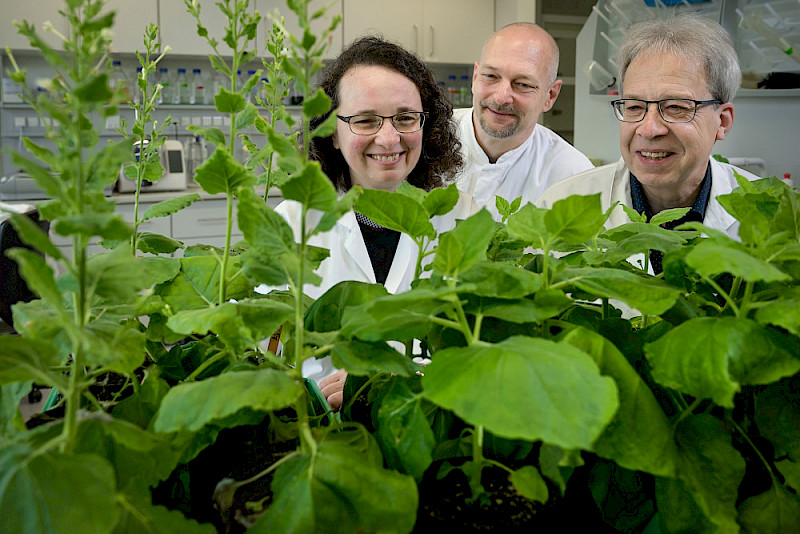
A profile for the cell police
Farmers around the world apply four million tons of chemical pesticides onto their fields each year. A team of MLU researchers has been trying to put a stop to that using specially developed vaccines. The scientists now want to transfer their research from the laboratory to agricultural practice. Read more

